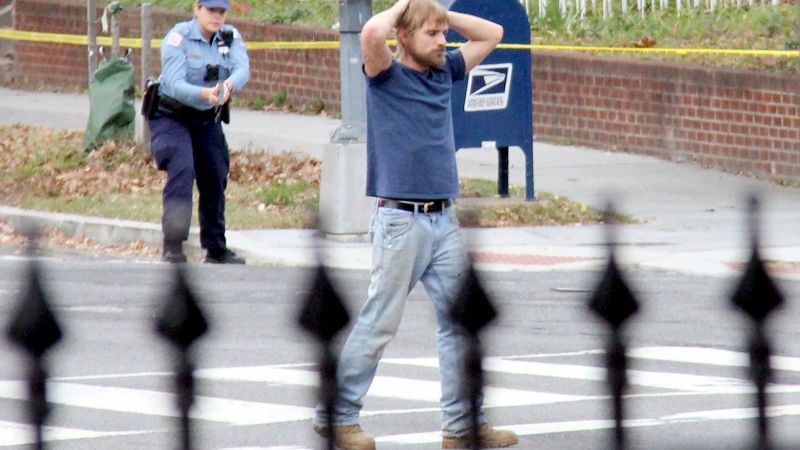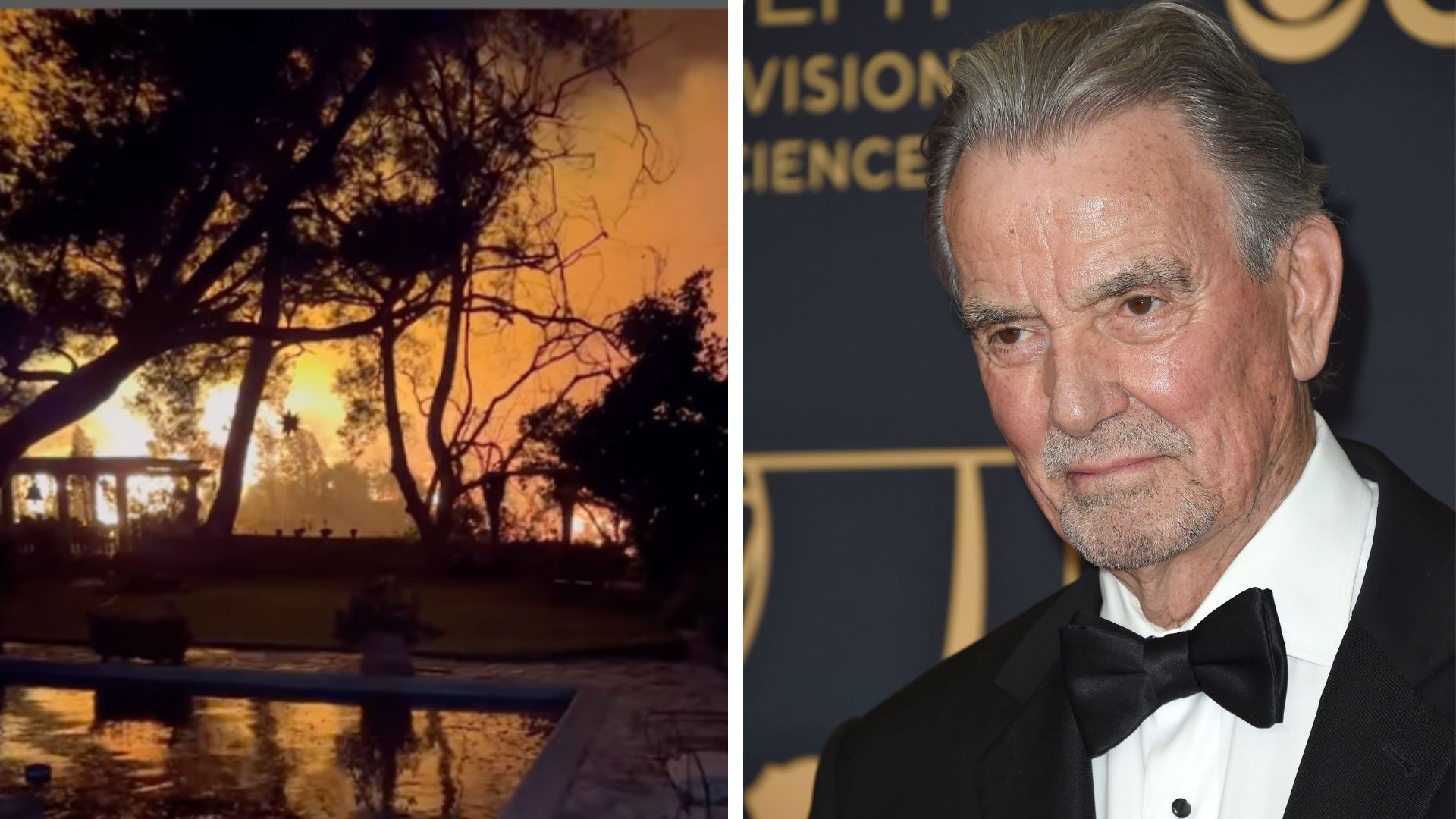Rhetoric, as defined by rhetoricians; It is the matching of speech to the requirements of the situation, and if the situation does not require any article, then there is no article that will fulfill the people of Gaza, including our colleague Wael Al-Dahdouh, and that is why I wrote this article without a title.
It was one of our grandmothers’ prayers in the past when they looked at us: “May God not afflict you with the loss of your children in your life.” There is no calamity or tragedy more difficult than this one. The greatest loss – of all – is the loss of a child, the joy of the liver, and “the spirit of the soul,” as In describing the people of Gaza, some of their children.
When this war began, Wael Al-Dahdouh appeared at us, and the first shell that passed by him – personally – made our hearts go away, and we flew in fear for him. But with steadfastness – and after less than a few minutes, which were not to collect himself, but to repair the equipment – he returned live on air, reporting the event calmly, and he did not know – and we did not know either – that if this missile had hit him, the calamity for him would not have been greater than this. The misfortunes that follow.
Wael continued to cover… On the other hand, Israel continued the bombing, with every missile and target covered by Wael. He memorized the places and numbers in a strange way, and talked about the geography of the place and the nature of the people in it, then he talked about the bombing, the martyrs, and their nature with a narrative that he practiced and perfected until it lasted. Over the days, he started saying – only at the beginning of each intervention -: “The situation is as it is… bombing, then targeting, then the martyrdom of women and children. He recounts and tells the story that he never stopped telling or mentioning.
The situation continued in Wael and Gaza. He conveyed its news as if he was consoling it and those in it, and even consoling the helpless Arab world with his words and interventions, until the attack came on Wael’s heart: his wife, his son, and his granddaughter.
Wael has now gone from in front of the camera, and behind him are the journalists, but this time not to tell the story, but rather for the story to be told about him.
Bombing… targeting… the martyrdom of women and children… then the urgent: the martyrdom of Wael Al-Dahdouh’s wife, his son, and his granddaughter.
“No worries”
This word was Wael’s groan, moan, and scream.
“Sorry,” he said as he bid farewell to three generations from Gaza, represented by the Wael Al-Dahdouh family:
His last generation in his wife. And present it in his son. And his future lies in his granddaughter.
Then Wael returned again, holding the Al Jazeera microphone, telling the story. The neighborhood shell – which missed him the first time – hit him, and with him was Samer Abu Daqqa, the photographer accompanying him this time. He miraculously managed to escape himself, but his colleague continued to bleed until he died.
Samer died, and this time Wael did not wait long. Rather, he got out of his bed, handcuffed to tubes of solutions. He tells the story and tells the news, how he was in the heart of the targeting, then he lost his companion and colleague, and he almost lost his soul, which was torn apart due to his grief over his wife.
Wael got up and went back to continue… He continued with fatigue covering his features, and the range was filled with body parts, and the roads were filled with corpses, and there was no one to bury them so that Wael could complete his mission, which he said: “It is his destiny and his choice.”
Hamza
The eldest son, his father’s companion, his companion in every coverage, the one who was always loyal to him and was a student at his hands. The boy became a professional journalist, and coverage was in dire need of young people like him. So he covered, published, photographed, and told, and among the pictures and the story was his father’s story, represented before his eyes, as a living example for him to emulate and follow. Its effect.
Wael comes out to cover, telling his story that we are accustomed to, but he is not accustomed to bombing… targeting… martyrdom, this time a car… suddenly the urgent came: the martyrdom of Hamza Wael Al-Dahdouh.
When Wael reached Hamza’s body, the first thing he took hold of was his hands, turning between his fingers, as if he wanted to say to him: Didn’t I do that to you when you were born? So that I can hear your voice, even if it is a scream. Why don’t you repeat it now, Hamza, my son?
But the trick did not work, my son. Hamza was martyred and Wael was convinced of that.
So, farewell… Say it and don’t be ashamed, Wael.
Rather, he said, “Peace is a trust, O Hamza: Greet your mother.” On your brother. On your aunts and uncles.
“And unto God and to Him we shall return”
What is this, Wael? If Hamza the Martyr were to greet all of these martyrs from your family, to whom would you greet little Kholoud, who stayed with you, my dear?
Almost no one
Wael bid farewell to almost all of his family, and then, in just a few minutes, he grabbed the Al Jazeera microphone to overcome the emotions of the broadcaster, who almost cried because of his insistence on covering it, to ask him… He answered, holding himself together, leaning on his wound, and then he said and told the story in all calmness: Bombing… targeting… martyrdom of women. And children.
Is there anyone in Gaza – on this sidewalk after most of its buildings were demolished – who is more patient than you, Wael?
May God appoint you among those who are patient, and may this war end with a word that you deliver to us, saying: Yes, the war has stopped, and a ceasefire has been established.






